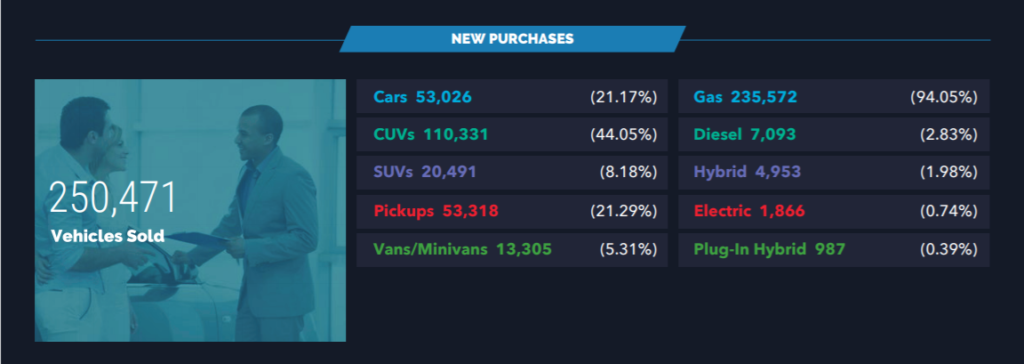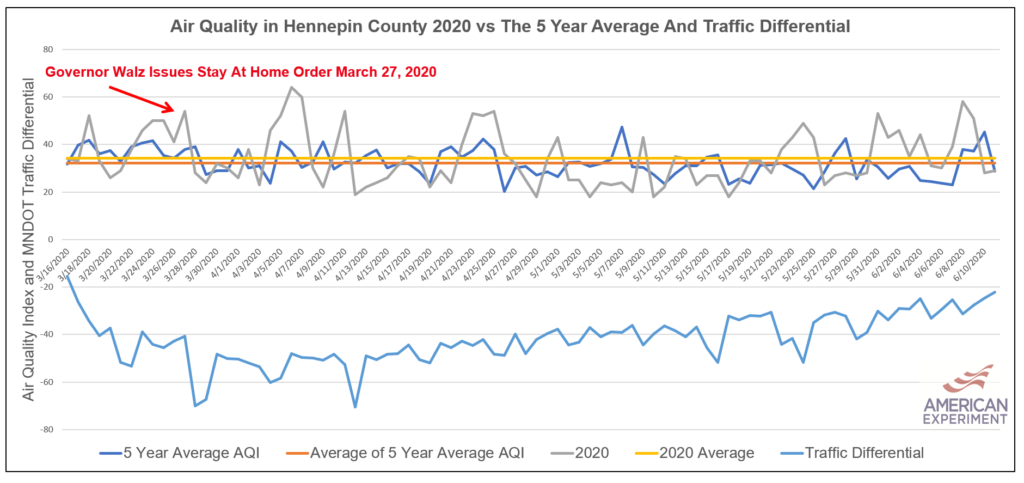Two DFL Legislators Hit Reverse on Opposition to California Car Mandates
On Tuesday I wrote about how 123 candidates for office in Minnesota have signed a pledge to oppose the Walz administration’s attempt to impose California car mandates on Minnesota. One encouraging aspect of the pledge was the fact that both Republicans and DFLers had signed it. Unfortunately, two DFL legislators have hit reverse on their opposition to the new regulations.
According to MinnPost:
“Two Democratic state lawmakers who signed a pledge opposing tougher vehicle emission standards proposed by Gov. Tim Walz now say they support the regulations.
State Rep. Mary Kunesh-Podein, DFL-New Brighton, and state Sen. Ann Rest, DFL-New Hope, asked to be removed from a list of more than 120 candidates who said they would fight efforts to mirror regulations written by other states, including California rules Walz hopes to adopt that promote cleaner-burning cars and electric vehicles.”
Senator Rest said she misread the statement, and Representative Kunesh-Podein said she did not intend to sign the pledge to support its viewpoint.
It is unfortunate that Senator Rest and Rep. Kunesh-Podein have decided to reverse course on their decision, because they were the only two DFLers from the metro area to sign the pledge. The remaining 8 DFL candidates to sign the pledge all hail from Greater Minnesota.
There ought to be strong, bipartisan opposition to these rules because they will increase the cost of cars, limit the choices Minnesota families will have at the dealership, and have zero measurable impact on the environment.
Increasing Costs
An analysis by the Colorado Auto Dealers Association (CADA) found that California car mandates would increase the up-front cost of purchasing a car by up to $2,500. CADA found that in states like Colorado and Minnesota, which prefer SUVs, trucks, and crossovers, these rules would not pay for themselves through lifetime fuel savings for model year 2022.
Reducing Consumer Choices
These mandates would also reduce consumer choice, not increase it as the Walz administration claims. In order to meet the increased gas mileage standards under these regulations, auto dealers will be forced to sell more smaller, fuel efficient cars, and fewer large and midsized vehicles that the overwhelming majority of Minnesotans purchase. Nearly 79 percent of the cars sold in Minnesota in 2018 were crossovers, SUVs, pickup trucks, or minivans.

Supporters of the mandates argue that these rules will increase choices for consumers who want electric vehicles that are not available in Minnesota, or want access to vehicles that get better gas mileage. Both of these talking points are incorrect.
Minnesota already has access to all of the top-selling electric vehicles (EVs) in the United States, and survey data from Cleantechnica, which supports EVs, shows there is virtually no demand for the cars that aren’t available here. These rules aren’t about expanding options for consumers, they’re about mandating EVs onto auto lots.
Furthermore, Minnesotans can already choose from all kinds of cars that get better gas mileage than SUVs, crossovers, pickups, and minivans, but they have obviously decided that the smaller, more fuel-efficient cars are not the vehicles that best suit their lifestyles.
Zero Measurable Environmental Impact
The California car mandates would impose additional costs on consumers and limit choices, but deliver zero measurable impacts on the environment.
Proponents of the rules claim they would reduce carbon dioxide emissions by 1 million tons per year by 2030. This sounds like a lot until you realize that global emissions were 36 billion tons in 2019, meaning it would reduce less than 0.01 percent of the global total, and this would only reduce future global temperatures by 0.000026 degrees C by 2100, an amount far too small to measure with the most sophisticated scientific equipment.
Regarding emissions of traditional pollutants, there is virtually no chance that these regulations will have any measurable impact on air quality because according to data from the U.S. Environmental Protection Agency (EPA) and the Minnesota Department of Transportation (MNDOT). These data show air quality was actually worse in Hennepin County during the COVID-19 shutdown even though traffic volumes were down around 40 percent.

The shutdown provides a natural experiment on the impact of vehicles on air quality. The fact that air quality was worse during the shutdown in 2020 than the five-year average shows that our air is already clean, and imposing these regulations will make zero measurable difference to the environment.
Sign Our Petition!
These rules are all pain and no gain. More than 5,000 Minnesotans have already voiced their opposition to the rules, and we want to get 5,000 more signatures to tell Governor Walz and the Minnesota Pollution Control Agency that we don’t want to live in a cold California.
Sign the petition at NoCACars.com and share the link with your friends and family!